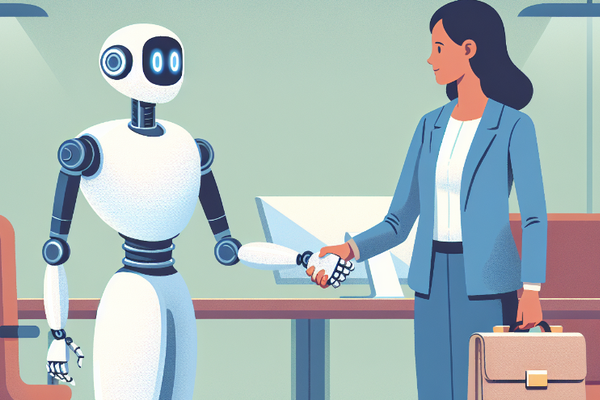
AI Reshaping Industrial Landscape
At the current stage, the real winners may be those participants who discover innovative business models for AI and give them entirely new definitions and deeper meanings.

2024 Generative AI Application Ecosystem: Three Major Camps Emerge, Hot Areas and Unmet Needs
AI applications are widely permeating daily life, with users frequently utilizing them in three main areas: social interaction, learning enhancement, and workplace efficiency.

Meta Escapes Metaverse Predicament: A Potential Dark Horse in the AI Field
Has Meta finally shed the burden of the metaverse?
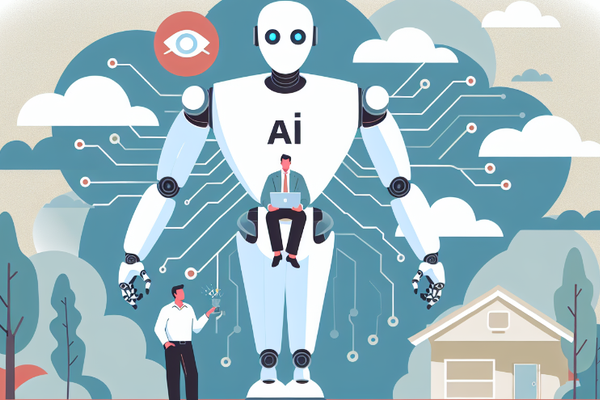
Tech Giants' Stock Prices Fall Together: Has the AI Boom Peaked?
Investments in the field of artificial intelligence are soaring, yet significant returns are not yet evident in the short term.

AI-Driven Tech Giants: Efficiency Soars, Human-Machine Collaboration Reshapes Organizational Structures
Artificial intelligence has surpassed humans in number.
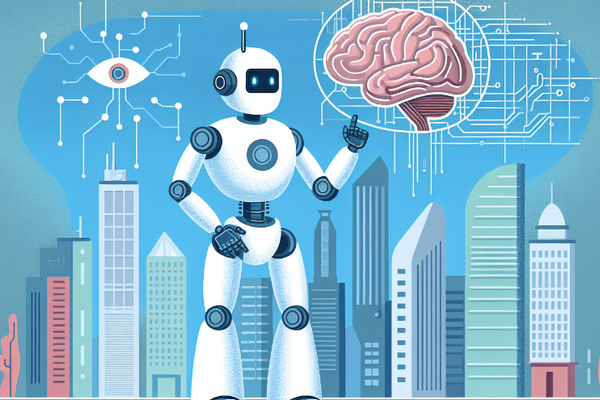
Artificial Intelligence: The Evolutionary Path from Language Models to Embodied Systems
One of the fascinating aspects of AI lies in the vast chasm that persistently exists between expectations and technological reality. This contradiction is most prominently manifested in the field of embodied robotics.

AI-Generated Couple Photos Hard to Distinguish: Wharton Professor Predicts Breakthrough Within 18 Months
Artificial intelligence is developing rapidly, in just a year and a half

Amazon Introduces New AI Search Feature: A Novel Approach to E-commerce Innovation
As mainstream tech companies race to launch large-scale AI search products, some innovators are choosing the opposite direction, focusing on developing small and refined search tools. This contrarian strategy highlights the trend of diversified development in the field of AI search.
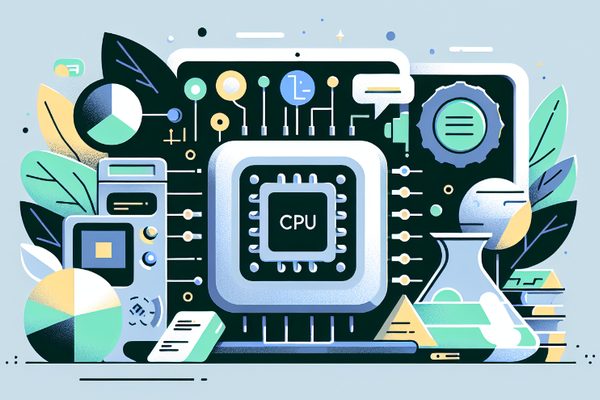
New Paradigm for LLM on Edge Devices: T-MAC Enables CPU Generation Speed Five Times Faster Than NPU
Efficient Deployment of Low-Bit Large Language Models on CPUs: Optimization Strategies and Practices
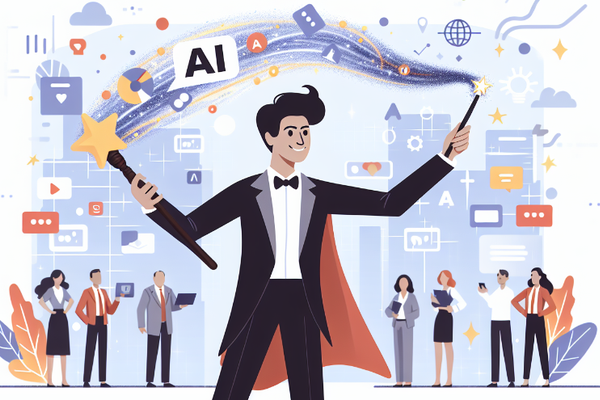
Can AI Replace CEOs: The Possibility of Future Corporate Leadership The rapid development of artificial intelligence technology has sparked discussions about whether AI could potentially replace CEOs in the future. This topic involves several aspects: 1. Decision-making ability: AI can process vast amounts of data and make decisions based on algorithms, but it may lack human intuition and experience. 2. Strategic thinking: CEOs need to formulate long-term strategies, which requires creativity and vision. It remains uncertain whether AI can fully replicate these abilities. 3. Leadership and communication: CEOs play a crucial role in inspiring and motivating employees. AI may face challenges in emotional intelligence and interpersonal communication. 4. Ethical considerations: Corporate decisions often involve complex ethical issues. It is debatable whether AI can handle such nuanced situations appropriately. 5. Adaptability: The business environment is constantly changing. AI needs to demonstrate flexibility and adaptability comparable to human CEOs. 6. Stakeholder management: CEOs must balance the interests of various stakeholders. AI's ability to navigate complex relationships and negotiations is yet to be proven. While AI may enhance and support CEO functions, completely replacing human leadership remains a topic of ongoing debate. The future may see a collaborative model where AI assists human CEOs in decision-making and strategy formulation.
Many struggling businesses are actually not yet adequately prepared to adopt artificial intelligence technologies.
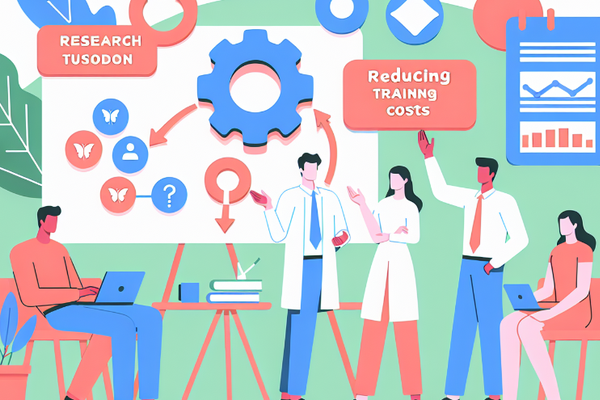
$1,890 to train a 1.16 billion parameter text-to-image model: Cost is only one percent of Stable Diffusion
The Art of Smart Financial Management

Intel Targets Large Models: Strategic Layout in the AI Field
Intel is demonstrating strong competitiveness in the intelligent cockpit sector, becoming a significant player in this market.